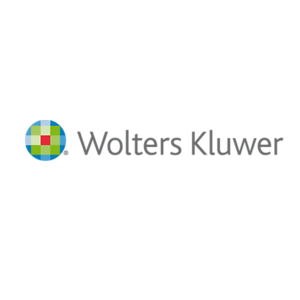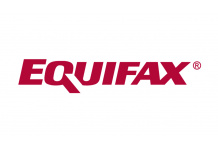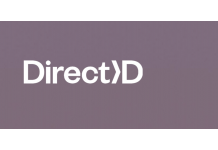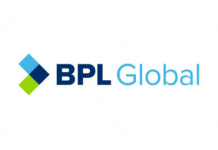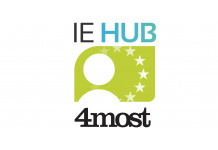Equifax Canada Launches Final Stage of Cloud...
- 03.05.2022 11:13 am
HSBC Counterparty Credit Risk and Valuation...
- 06.04.2022 10:17 am
DirectID Bolsters Commercial Team With Key Industry...
- 21.02.2022 01:00 pm
Elucidate Launches Industry-first Product for Pricing...
- 19.01.2022 03:45 pm
Bloomberg Launches Market-Driven Daily Credit Risk...
- 27.07.2021 03:15 pm
BPL Global Launches Market-Leading Portfolio...
- 05.07.2021 03:30 pm
TransUnion Joins Provenir Marketplace to Help...
- 13.04.2021 03:50 pm
New Partnership Between 4most and IE Hub to Support...
- 26.03.2021 11:24 am
Spotex Clients Access Cobalt’s Dynamic Credit Solution...
- 18.02.2021 03:34 pm
Provenir Announces Expansion into Turkey with Gini...
- 02.12.2020 02:56 pm
Jaywing Completes IFRS 9 Model Framework For Starling...
- 26.08.2020 01:36 pm
UK fintech Wiserfunding enters India
- 03.08.2020 03:16 pm

